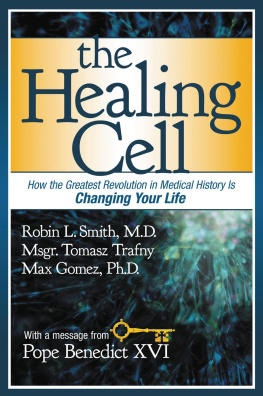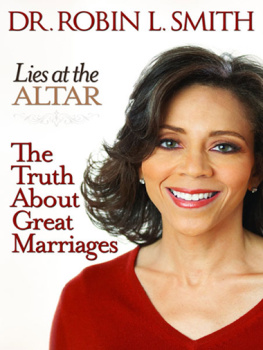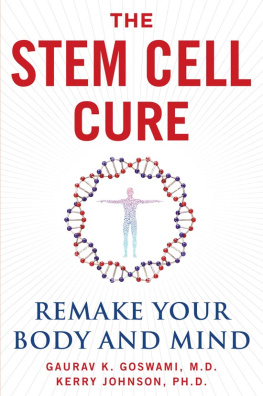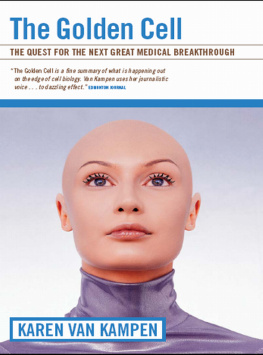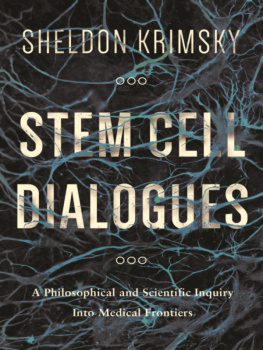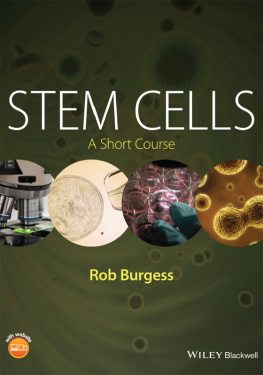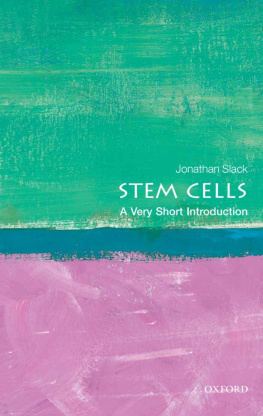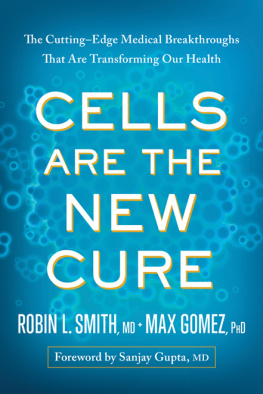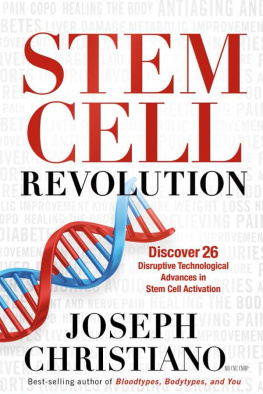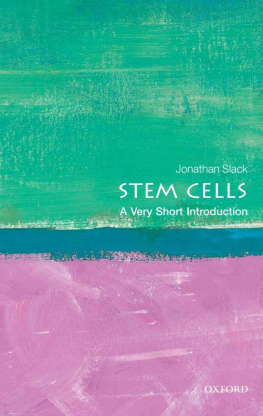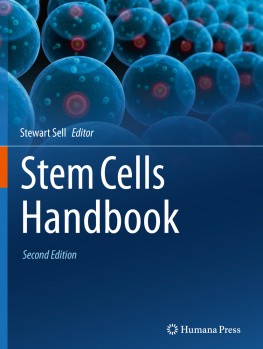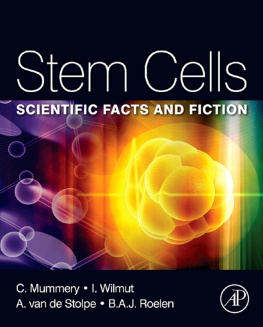A mirror reflecting his majestic design.
For the universe is in you line by line.
I would like to express the Holy Sees appreciation of all the work that is done, by various institutions, to promote cultural and formative initiatives aimed at supporting top-level scientific research on adult stem cells and exploring the cultural, ethical, and anthropological implications of their use.
Scientific research provides a unique opportunity to explore the wonder of the universe, the complexity of nature, and the distinctive beauty of life, including human life. But since human beings are endowed with immortal souls and are created in the image and likeness of God, there are dimensions of human existence that lie beyond the limits of what the natural sciences are competent to determine. If these limits are transgressed, there is a serious risk that the unique dignity and inviolability of human life could be subordinated to purely utilitarian considerations. But if instead these limits are duly respected, science can make a truly remarkable contribution to promoting and safeguarding the dignity of man: indeed herein lies its true utility. Man, the agent of scientific research, will sometimes, in his biological nature, form the object of that research. Nevertheless, his transcendent dignity entitles him always to remain the ultimate beneficiary of scientific research and never to be reduced to its instrument.
In this sense, the potential benefits of adult stem cell research are very considerable, since it opens up possibilities for healing chronic degenerative illnesses by repairing damaged tissue and restoring its capacity for regeneration. The improvement that such therapies promise would constitute a significant step forward in medical science, bringing fresh hope to sufferers and their families alike. For this reason, the Church naturally offers her encouragement to those who are engaged in conducting and supporting research of this kind, always with the proviso that it be carried out with due regard for the integral good of the human person and the common good of society.
This proviso is most important. The pragmatic mentality that so often influences decision making in the world today is all too ready to sanction whatever means are available in order to attain the desired end, despite ample evidence of the disastrous consequences of such thinking. When the end in view is one so eminently desirable as the discovery of a cure for degenerative illnesses, it is tempting for scientists and policy makers to brush aside ethical objections and to press ahead with whatever research seems to offer the prospect of a breakthrough. Those who advocate research on embryonic stem cells in the hope of achieving such a result make the grave mistake of denying the inalienable right to life of all human beings from the moment of conception to natural death. The destruction of even one human life can never be justified in terms of the benefit that it might conceivably bring to another. Yet, in general, no such ethical problems arise when stem cells are taken from the tissues of an adult organism, from the blood of the umbilical cord at the moment of birth, or from fetuses who have died of natural causes (cf. Congregation for the Doctrine of the Faith, Instruction Dignitas Personae, 32).
It follows that dialogue between science and ethics is of the greatest importance in order to ensure that medical advances are never made at unacceptable human cost. The Church contributes to this dialogue by helping to form consciences in accordance with right reason and in the light of revealed truth. In so doing she seeks not to impede scientific progress, but on the contrary to guide it in a direction that is truly fruitful and beneficial to humanity. Indeed, it is her conviction that everything human, including scientific research, is not only received and respected by faith, but is also purified, elevated, and perfected (ibid., 7). In this way science can be helped to serve the common good of all mankind, with a particular regard for the weakest and most vulnerable.
In drawing attention to the needs of the defenseless, the Church thinks not only of the unborn but also of those without easy access to expensive medical treatment. Illness is no respecter of persons, and justice demands that every effort be made to place the fruits of scientific research at the disposal of all who stand to benefit from them, irrespective of their means. In addition to purely ethical considerations, then, there are issues of a social, economic, and political nature that need to be addressed in order to ensure that advances in medical science go hand in hand with just and equitable provision of health-care services. Here the Church is able to offer concrete assistance through her extensive health-care apostolate, active in so many countries across the globe and directed with particular solicitude to the needs of the worlds poor.
I pray that your commitment to adult stem cell research will bring great blessings for the future of man and genuine enrichment to his culture. To you, your families, and your collaborators, as well as to all the patients who stand to benefit from your generous expertise and the results of your work, I gladly impart my Apostolic Blessing.
Gianfranco Cardinal Ravasi
President of the Pontifical Council for Culture
There are thousands of scientific papers that discuss the search for medical remedies for disease, but most of them are written in the difficult-to-understand language of medical science. For this reason, Im very glad that Dr. Robin Smith, Msgr. Tomasz Trafny, and Dr. Max Gomez have taken up the challenge to write this book, which clarifies recent scientific achievements in the field of stem cell research. Their work, a result of significant collaboration between the Pontifical Council for Culture and NeoStem, gave birth to an international conference, Adult Stem Cells: Science and the Future of Man and Culture. That unique initiative emphasized that beyond scientific papers and academic debate, there are the patientsreal people who have received significant benefits from ongoing medical investigation into stem cell therapies. They shared their experiences of suffering and successes on the path of healing. They are the primary protagonists of this book. However, behind their inspiring stories are doctors, scientists, and researchers whose efforts have overcome significant medical challenges, provided hope, and in many cases restored health.
More than ever, contemporary society is dominated by technological and scientific achievements. Each day brings news of new discoveries, and among these many branches of scientific investigation, those related to medical studies are of special interest to humankind. Medical science enables a better understanding of ourselves, which has led to numerous practical solutions to alleviate suffering stemming from age, sickness, and disability.
These developments are not only the domain of medical investigation. Today, the stage has been set not only for science but also for philosophical and theological anthropology and bioethics. Experts in these areas have painted a canvas of complex research in the field of regenerative medicine, and particularly in one of its most delicate nodes, that of stem cells. At the same time, there is an audience of people engaged in the pastoral field, in politics, in society, and in culture who seek guidance along a path in a land not yet fully explored, which is as fertile as it is fascinating and needs to be followed with care.
The Psalmist gives a surprising exclamation:
I will give thanks to You,
for I am fearfully and wonderfully made.

